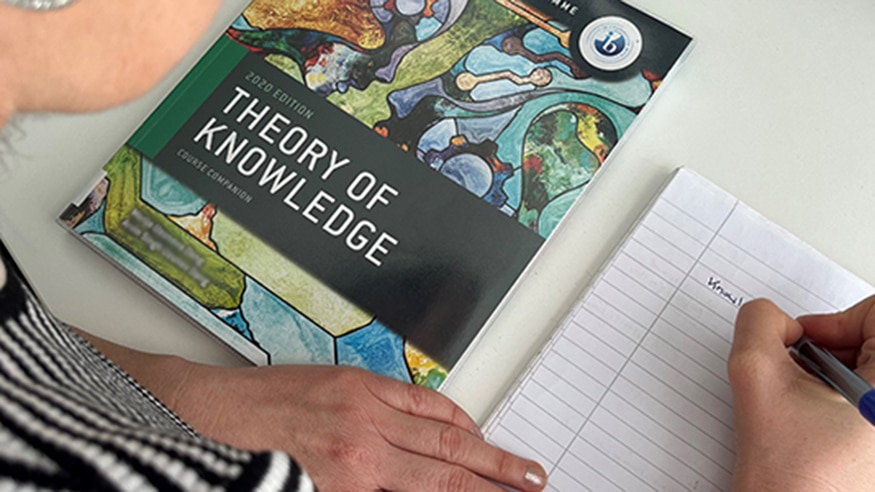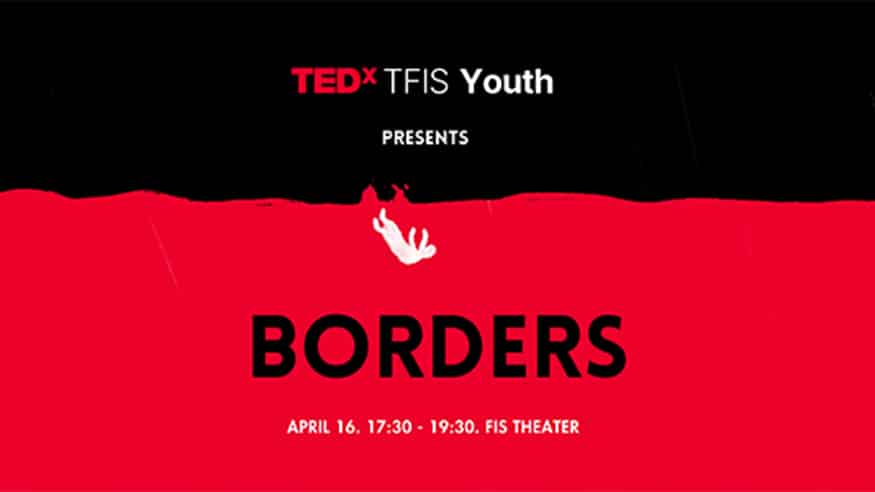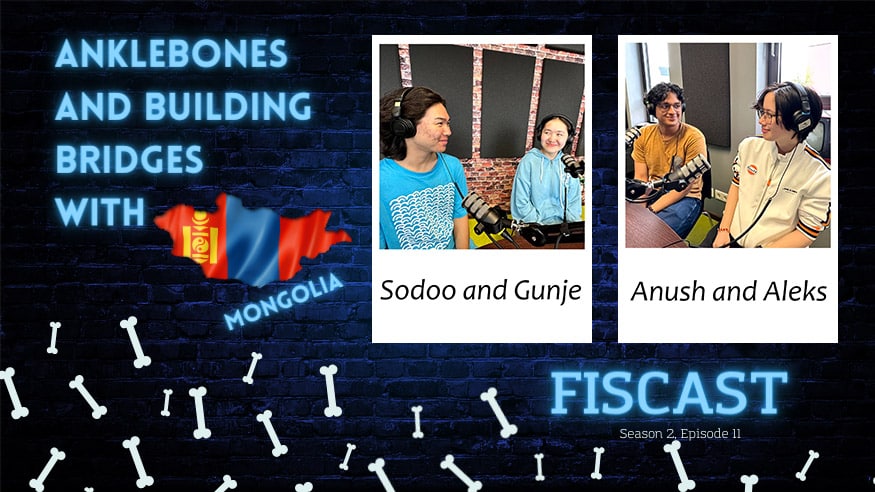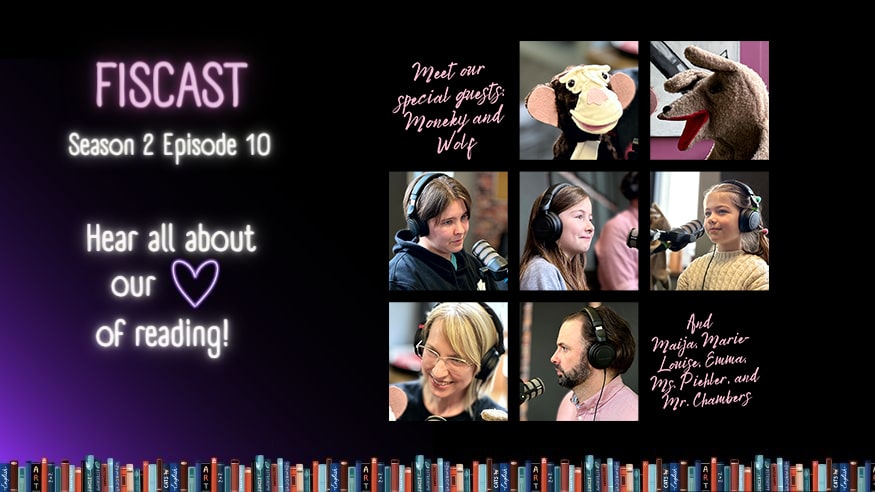Introduced in Grade 11 as a mandatory component of the IB Diploma Programme (DP), Theory of Knowledge (TOK), together with Extended Essay (EE) and Creativity and Service (CAS) represents the core of the DP curriculum.
A big part of TOK consists of asking questions about knowledge, the most vital one being “How do we know?”
Mr. Carlos Rico, FIS TOK Coordinator, explains that TOK is taught to help students develop thinking skills. “We live in a world that’s changing rapidly. We’re bombarded with news all the time,” he says. “TOK brings into question the reliability of this news. It’s about how you take the time to study a piece of information objectively.”
Role of TOK Within the IB
When asked how TOK contributes to the other IBDP subjects, Miranda Rogers, Grade 11 TOK student, points to the ability to think critically. “It makes me approach new sources of information in an unbiased way because I’m evaluating many perspectives rather than just my own,” she explains.
Ainara Zuazua Roldan, who also studies TOK, elaborates on this within the context of EE. “When you obtain a source for your Extended Essay, you don’t just read it and add it to your work; you question whether or not the information is reliable,” Ainara says.
This process of inquiring into different sources of knowledge is something the students can carry not only into the other subjects, but also in their lives outside school.
As Mr. Rico clarifies, this deviates from a traditional model of education where the students are, simply, recipients of knowledge transferred from teachers. “With TOK, you feel empowered to question what teachers say in school to determine what you want to believe – in school or otherwise.”
A Peek into the TOK Classroom
Walking us through what a typical TOK session looks like, Miranda draws attention to the discussion component of the classes. She says that most sessions involve a question centered on a topic. Everyone in the classroom provides their opinion on it. Then the class collectively works towards a conclusion that is reflective of everyone’s thoughts put together.
Ben Sharpe, Grade 11, regards this exercise of active discussion as being his favorite part of TOK. “It helps you build a more holistic understanding of learning by examining different perspectives,” he states.
Ainara admits that this means there are rarely definite answers in TOK classes. She says that everyone has the freedom to build their own point of view on a subject. “People in the classroom may come from contrasting backgrounds, and reason differently; this forces you to look at things from an alternative view, and consider opinions even if you don’t agree with them.”
The ability to analyze diverse perspectives and form an independent opinion relates closely to constructivist and inquiry-based thinking – an important component of the High Quality Learning at the FIS.
How TOK Helps Student Development
Jaskirat Gill, Grade 11, sees the specific benefit of TOK in the ability to question everything. “Because of TOK I’ve started doing more questioning,” he explains, “and that’s passed over to my other subjects, thereby helping me better understand them”.
Miranda recites an example from one of her classes. Through the study of the Arts, one of the IB subject areas, the TOK students were trying to analyze the Russia-Ukraine crisis through a series of graphics. The students looked at the visual content pieces and had to interpret them without any textual context. “Often you approach the text not really knowing the background,” she shares. Through this exercise, she feels she developed the skill to interpret illustrations in a way that she could carry into her English classes as well.
Looking beyond the classroom and into her personal development, Ainara reflects on how she has built an aptitude for curiosity. “I’m now able to analyze a topic and connect it to different areas of knowledge that I hadn’t ever thought about before,” she stresses.
Through this continuous process of inquiring through questions, students can recognize their personal and ideological assumptions. This also helps them develop an appreciation of the diversity and richness of cultural perspectives.
“It’s a journey,” Mr. Rico suggests, “in which you have an opportunity to reflect on what you learn and how. We often receive information and take it for granted. We disregard all the processes behind how it came to be.”
Mr. Scott Simpson, who also teaches TOK at the FIS, wraps it up perfectly. “I like to think of it as double-verbing everything. We try to know about knowing, explain explanations, describe descriptions, and explore explorations,” he says. “This doesn’t always give an answer but it lays down a path to finding one.”
If you would like to know more about TOK at the FIS, you can reach out to .





